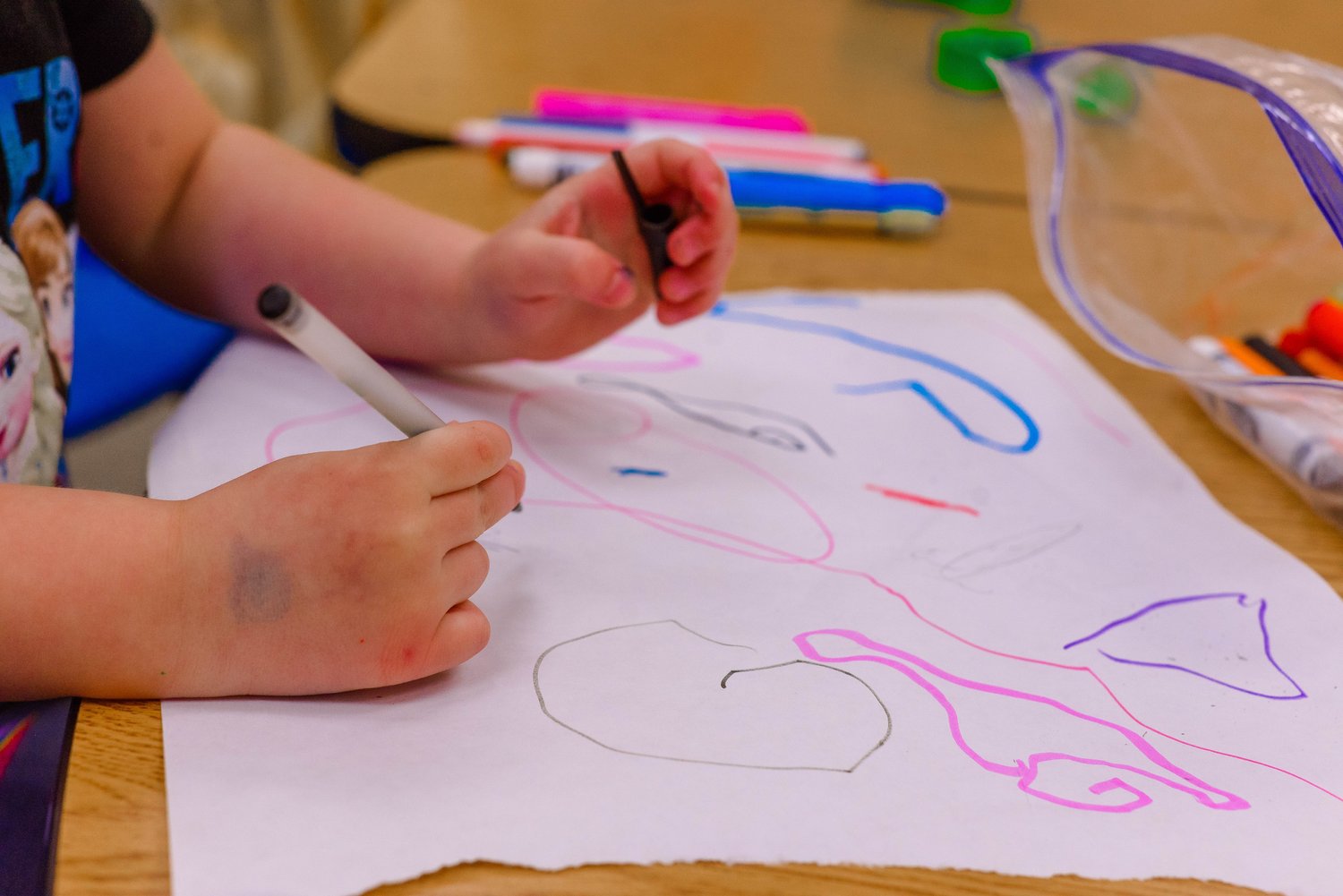
This is the third of the Hatfield Prize 2022 Op-Ed series. These articles include key takeaways from the policy reports each of the Hatfield Prize recipients researched and wrote, which can be read in full here.
A refugee mother left her six children at home to sleep, unsupervised, while she worked a nighttime job. One night, her three-year-old son woke up and unlocked the door. As the little boy wandered outside and looked for his mother, the police found him and eventually all six children were taken away from their mother for her presumed neglect. This saddening story was shared with me by a local worker, Stephanie Solvig, whose experience working with refugees renders knowledge of the difficulties many refugees face.
No family should ever have to choose between leaving their children unattended and the ability to place food on the table, especially refugee families who have overcome perilous difficulties to arrive in America and who offer unique contributions to our society. Local organizations who know refugees and their needs must partner with the government to help provide the necessary resources for refugees to access child care in their new towns so that they can both work and provide for their families.
The issue of refugee child care is especially pressing today as more refugees flee to the United States than in recent years. Following a historically low number of refugees allowed in the country, the Biden administration raised the refugee admissions cap, allowing more refugees into the country per year, according to the Religion News Service. Additionally, the International Rescue Committee states the U.S. withdrawal from Afghanistan led to an increase in Afghan refugees and evacuees resettling in the U.S. With refugees moving to the U.S. for shelter, many find themselves in search of homes and jobs to support their families in their new country. In order to work and gain financial stability, refugee families find themselves in need of affordable and accessible child care.
When refugees cannot receive accessible child care, they find themselves in desperate circumstances with few child care choices for their families. Oftentimes, refugees must choose between leaving their children without adequate care or staying home, making it difficult to provide financially for their family. Refugees need affordable, accessible, and culturally competent child care that keeps children safe and helps them grow and develop while their parents work to provide for their family.
While many refugees do not have the income to afford child care, there are government programs available to cover or subsidize the cost. These programs, although helpful in theory, prove to have a complex and unfamiliar process. Some refugees may be hesitant to utilize such funds as they require involvement with the U.S. government. After fleeing their own government, refugees may fear involvement with another national authority. While some refugees are hesitant about government aid, many have no idea these resources even exist. Their country of origin may not have provided similar forms of aid, so some refugees may assume the U.S. government, similarly, does not provide child care subsidies.
Refugees oftentimes have specific needs that make accessing child care more difficult. Numerous barriers stand in the way, such as a lack of local culturally competent care providers who operate during non-traditional work hours and access to child care providers who serve families with limited transportation. Refugee families also face language barriers and challenges finding care for children while they work nighttime or weekend jobs. It is essential refugees have support in accessing child care that fulfills their family’s needs within their local communities. With so many challenges to accessing child care, what can the government do on the national level and the local level to partner with civil society to implement family supportive child care policies for refugees?
Across the country, there are numerous organizations that focus on building relationships with refugees and supporting them as they become integrated into the U.S. For example, in Clarkston, Georgia, Clarkston International Bible Church focuses on serving refugees by providing services and resources. Their ministries include providing basic needs, hosting support groups to promote healing, and teaching English language and U.S. citizenship classes.
Local organizations that work closely with refugees in their community understand and are better equipped than the government to provide culturally competent service. Understanding refugees’ individual and cultural needs, local organizations can know what kind of child care will be most beneficial for the refugees in their community and implement such child care programs.
Government funding is a vital support to support local organizations in aiding refugee families. When organizations channel fiscal resources from the government into local channels, refugees may find the accessible and individualized care they need to provide for themselves in their new communities. Local organizations can use funding to directly help pay for child care options such as center-based care or in-home care options. Additionally, organizations can use funds to start programs that train refugees to become certified child care providers themselves. Supporting programs such as these provide both jobs for refugees and culturally diverse child care. As local organizations serve refugees, government aid needs to be filtered through local channels to support refugees with little income and numerous barriers that make accessing child care sometimes impossible.
The difficult and sometimes traumatic circumstances refugees face are extremely saddening. Still there is opportunity to offer refugees and society hope by caring for and supporting them in the midst of extreme difficulties. Walking alongside those who are struggling by supporting them through what they are experiencing is a way to demonstrate care and concern. Ensuring refugees have resources to access much-needed child care for their families is just a small way we can offer support that will make a lasting impact.
Rachel Smith is a senior at Toccoa Falls College and is pursuing a degree in Family and Children’s Ministry with a double minor in Bible and Theology and Outdoor Leadership and Education. She is passionate about caring for people facing difficult circumstances and enjoys helping others navigate challenges by seeking beneficial change. Specifically, Rachel hopes to work with parents and children. She believes that childhood is a crucially important time developmentally because it sets the foundation for a child’s life. She plans to minister to families by either working directly with children or by supporting and guiding parents in raising their children. While at Toccoa Falls College, she serves as a Resident Assistant in the upperclassmen dorms, acting as a mentor and leader by building relationships and creating accountability for the residents. She also serves in Toccoa Elementary School as a third-grade mentor, where she meets with a child weekly to listen and talk about their life. In her free time, Rachel enjoys participating in outdoor activities in the North Georgia mountains, creating art projects, and investing in the community of her college campus.
ABOUT THE HATFIELD PRIZE
The Hatfield Prize is awarded annually to three student-faculty pairs from Council for Christian Colleges and Universities (CCCU) schools. Recipients conduct research on social policies that impact vulnerable children, families, and communities, and explore the impact of these policies in their local communities. This semester-long research project culminates in three policy reports that make recommendations for both government and civil society institutions in contributing to policies that promote flourishing communities. The Prize honors the legacy of the late Senator Mark O. Hatfield, who served as a United States senator from Oregon for three decades. Hatfield was known for his principled Christian faith and for his commitment to working across difference to find common ground.
Interested in applying for the 2023 Hatfield Prize? Know someone who might be interested? Find more information here.



